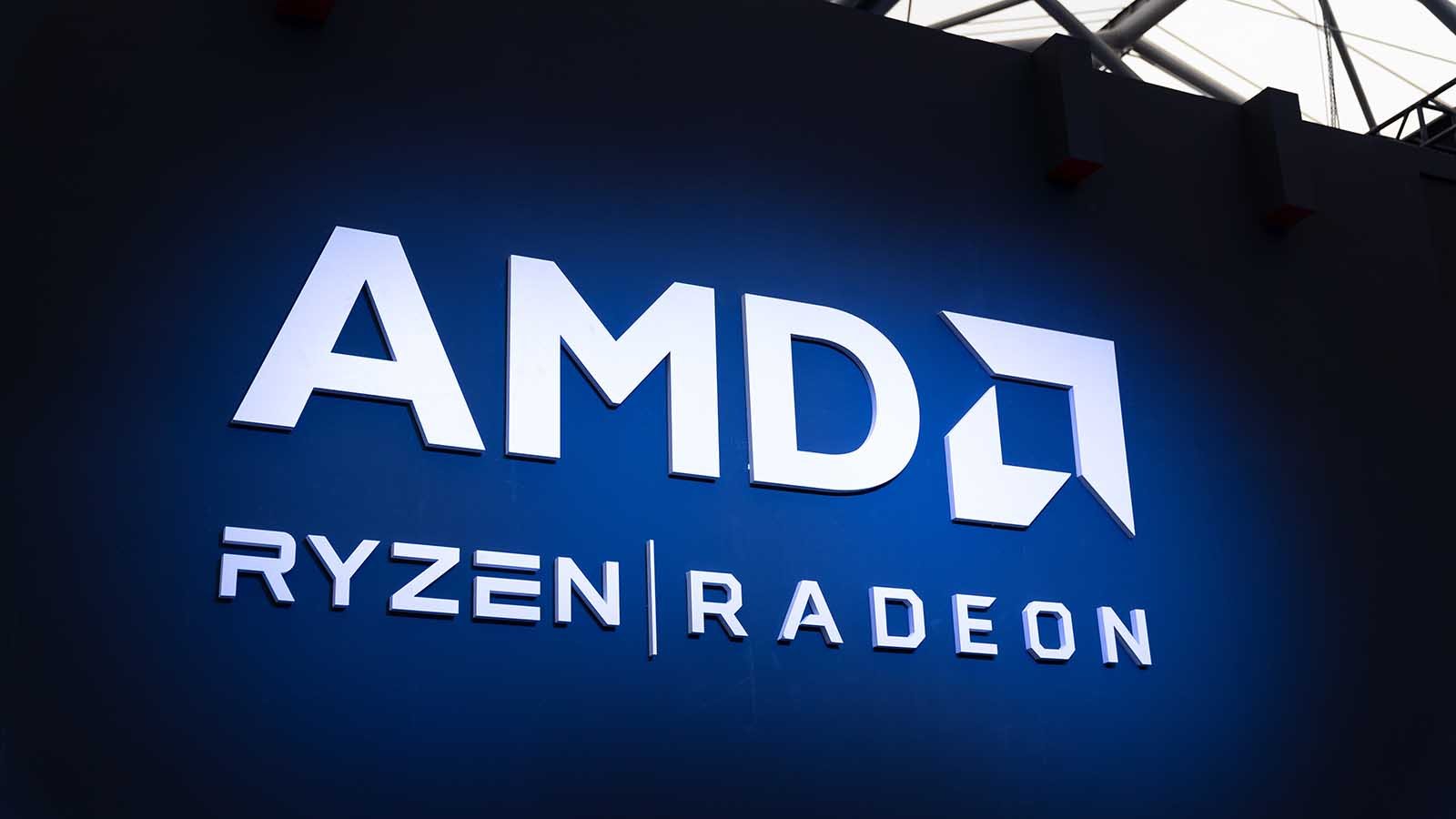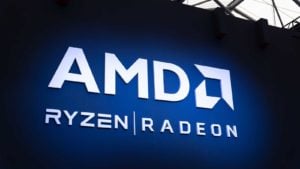Advanced Micro Devices (NYSE:AMD) was a star among semiconductor names last year, but this year, AMD stock and its chip brethren are being hampered by supply chain disruptions, among other factors, stemming from the novel coronavirus outbreak.
Yet, AMD is displaying notable strength. The stock is up 11.9% year-to-date while the PHLX Semiconductor index, of which AMD is a member, is off 13%. Add to that, the name jumped nearly 9% last week even after reports surfaced that rival Intel (NASDAQ:INTC) is pilfering some personal computer (PC) market share back from AMD.
Remembering that AMD was the best-performing member of the S&P 500 index last year, it’s reasonable to expect that that performance won’t be replicated again this year. However, its recent sturdiness against a challenging backdrop is an encouraging sign that shouldn’t be discounted.
While this isn’t the ideal operating climate for cyclical industries, including semiconductors, there are chip-related green shoots emerging that could portend more upside for AMD. First, the earnings report offered up by Micron Technologies (NASDAQ:MU) late last month was better than expected and that company isn’t operating from the position of strength that AMD is.
Second, Taiwan Semiconductor Manufacturing (NYSE:TSM), the dominant name in chip fabrication and production, said March revenue surged 42% year-over-year. In any instance, that would be spectacular, but at a time when markets were stressed because of the novel coronavirus, Taiwan Semi’s banner March was incredible. Moreover, this news isn’t baked into AMD or any or US-based chip maker’s share price because it was delivered on April 10 while domestic markets were closed.
Cloud Catalyst
Historically, the traditional chip-level catalysts for AMD are graphic processing units (GPUs) found in PCs, gaming consoles and related fare. For investors, the good news is that like rival Nvidia (NASDAQ:NVDA), AMD is bolstering its cloud computing footprint. Yes, that extends the rivalry between the two companies, but there’s plenty of cloud activity for both to thrive in this space.
Recently, AMD announced that its EPYC processors and Radeon Instinct MI25 GPUs will be used in Microsoft (NASDAQ:MSFT) Azure cloud computing products. Cloud is a sprawling business and behemoths like Microsoft use products from an array of suppliers. Still, that doesn’t diminish the potential potency of AMD getting involved with Microsoft.
Azure is the second-largest cloud firm on the market behind only Amazon’s (NASDAQ:AMZN) Amazon Web Services (AWS) and some market observers believe when it comes to cloud momentum, the crown is held by Microsoft, particularly with the boost provided by the Pentagon’s JEDI cloud contract.
AMD’s cloud presence is pivotal on a long-ranging basis because it’s expected that demand for consumer electronics is saturating and will flatten in coming years. Notably, there are tie-ins with cloud and artificial intelligence (AI), another high-growth market for chip makers.
“GPUs are now widely used in cloud and data centers for AI training,” according to Deloitte. “They are also used in the automotive and security sectors. The GPU is currently the most widely used, most flexible AI chip available.”
Bottom Line on AMD Stock
Among mature chip companies, AMD stock is frequently one of the pricier names, but there’s compelling evidence to suggest the company warrants what is often a frothier multiple relative to, say, Intel.
As Morningstar noted last month, “AMD hosted its analyst day at which management outlined its outlook for the firm. In addition to a long-term financial model that called for average revenue growth of 20% (versus our assumption of low teens) and gross margins north of 50%.”.
This year, revenue growth could approach 30% and next year could bring with it another solid gain on that front as new gaming consoles come online in late 2020.
AMD is already showing investors it can weather some rough patches in the cycle and when the coronavirus situation abates, the stock offers significant upside potential, a signal it’s already flashing with its out-performance of broader chip indexes.
Todd Shriber has been an InvestorPlace contributor since 2014. As of this writing, he did not hold a position in any of the aforementioned securities.

